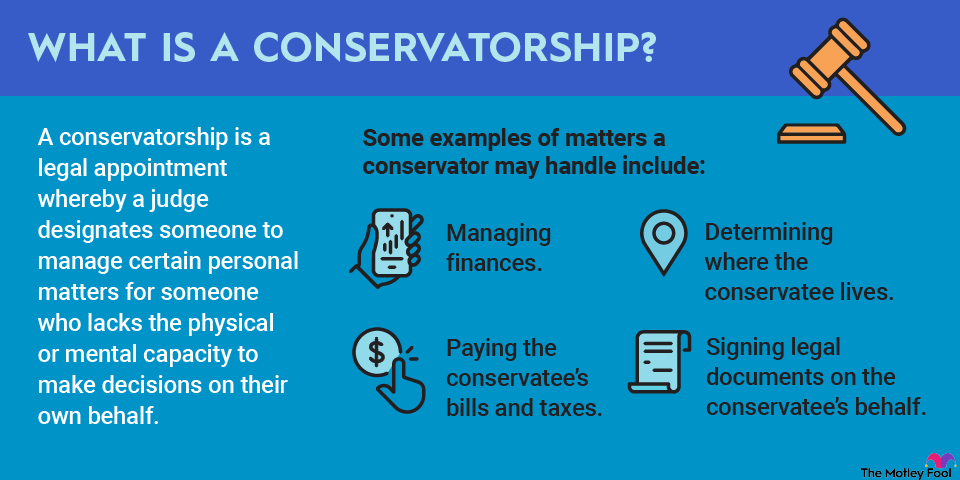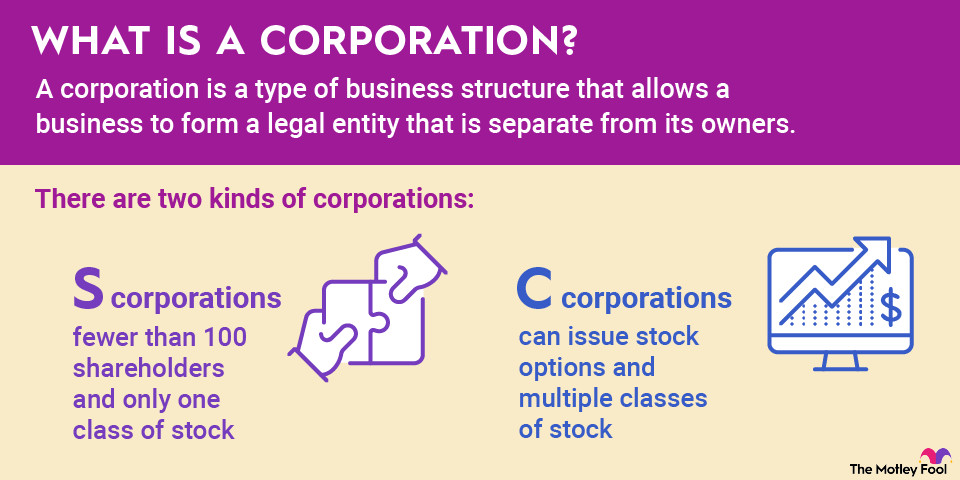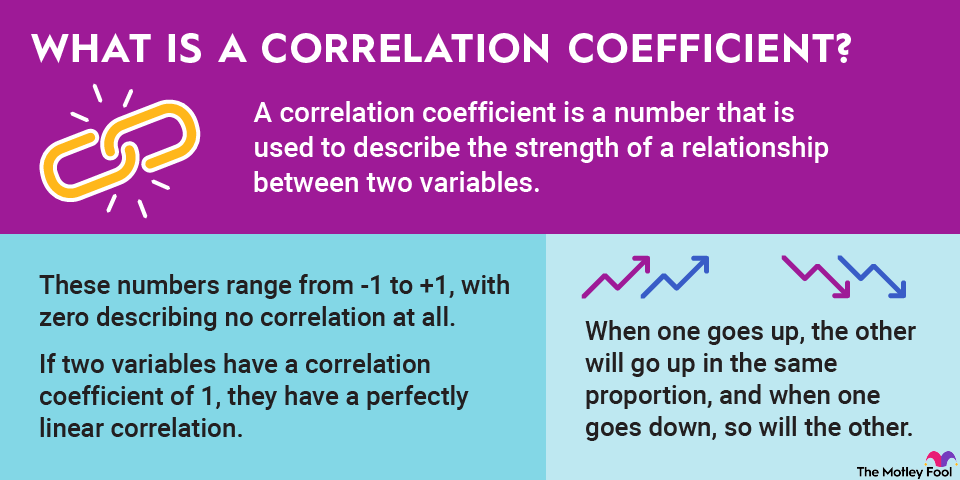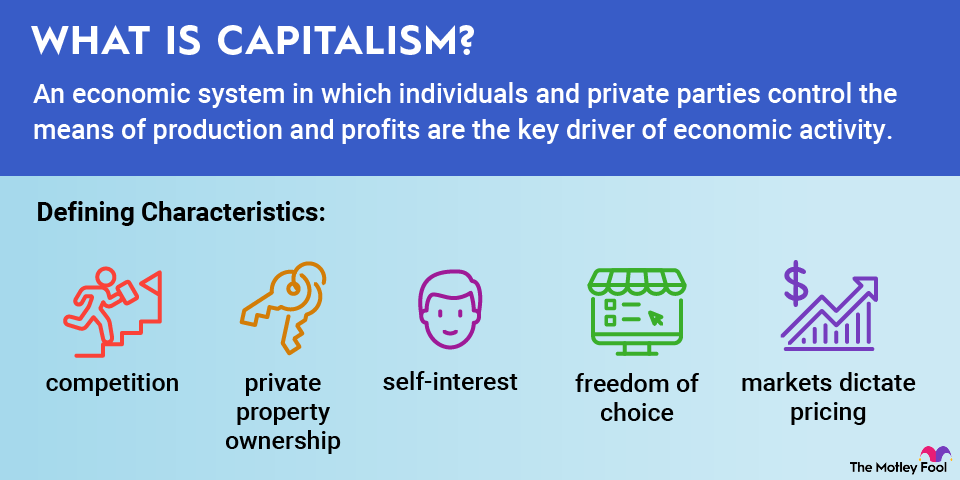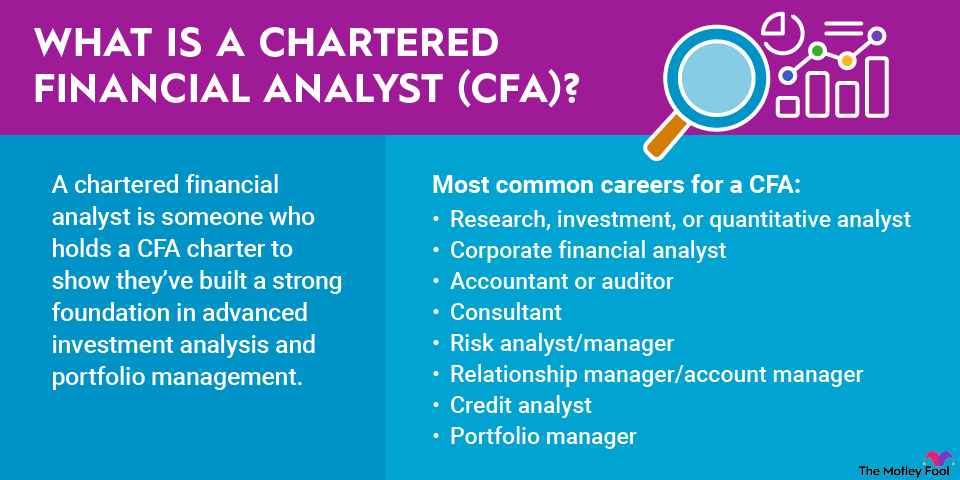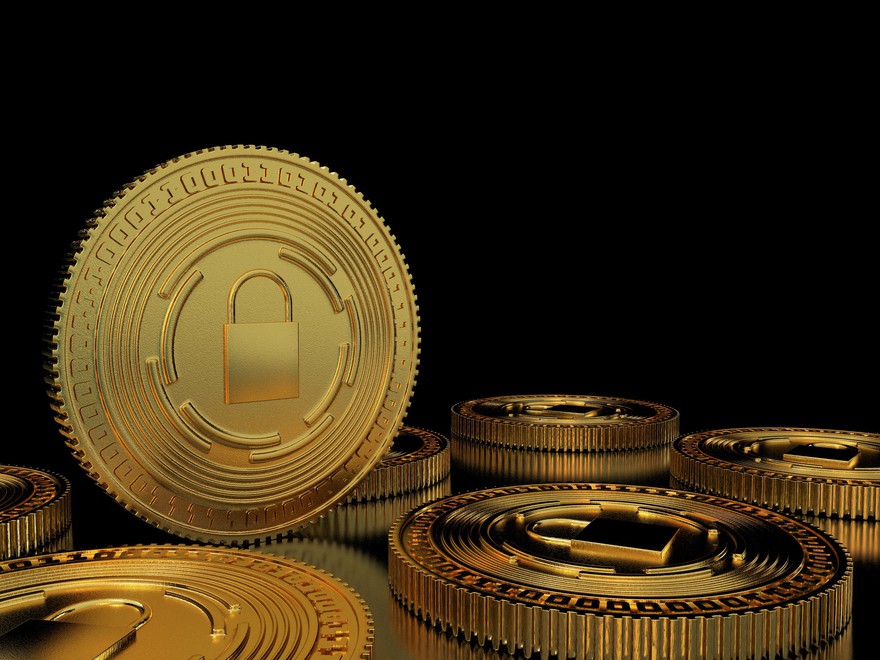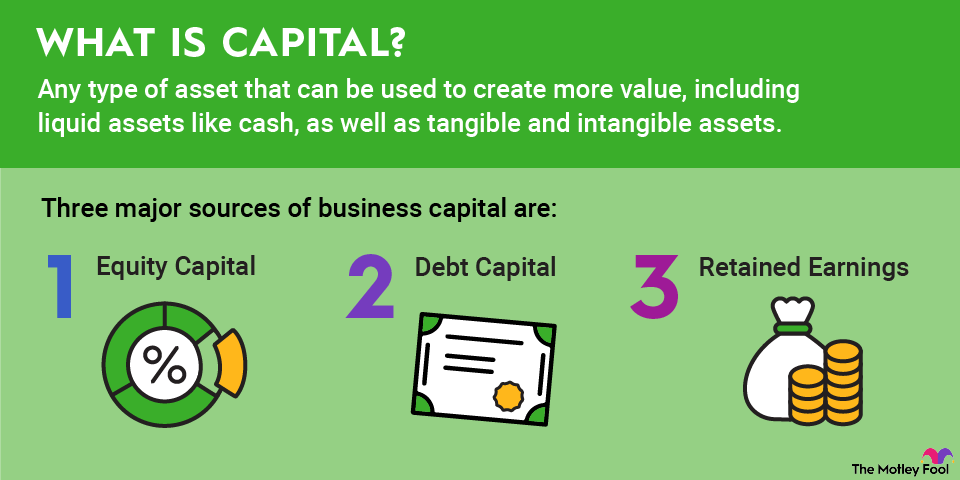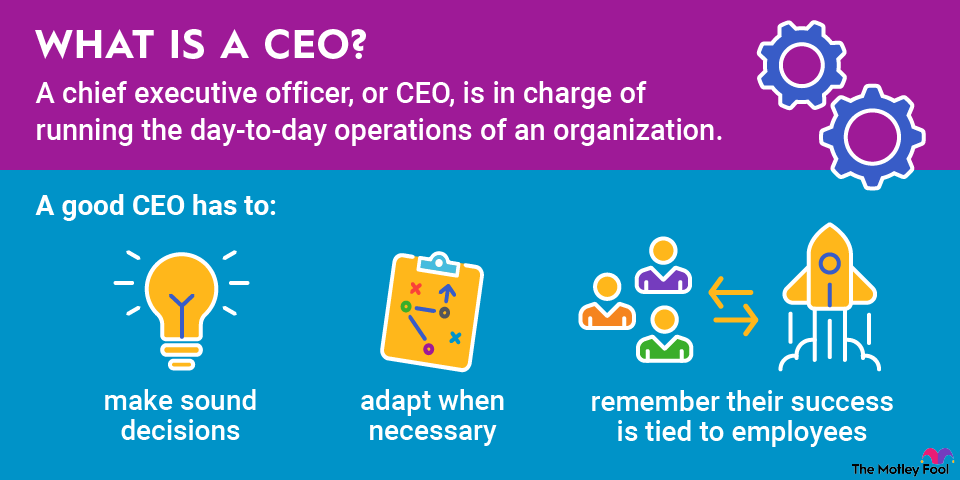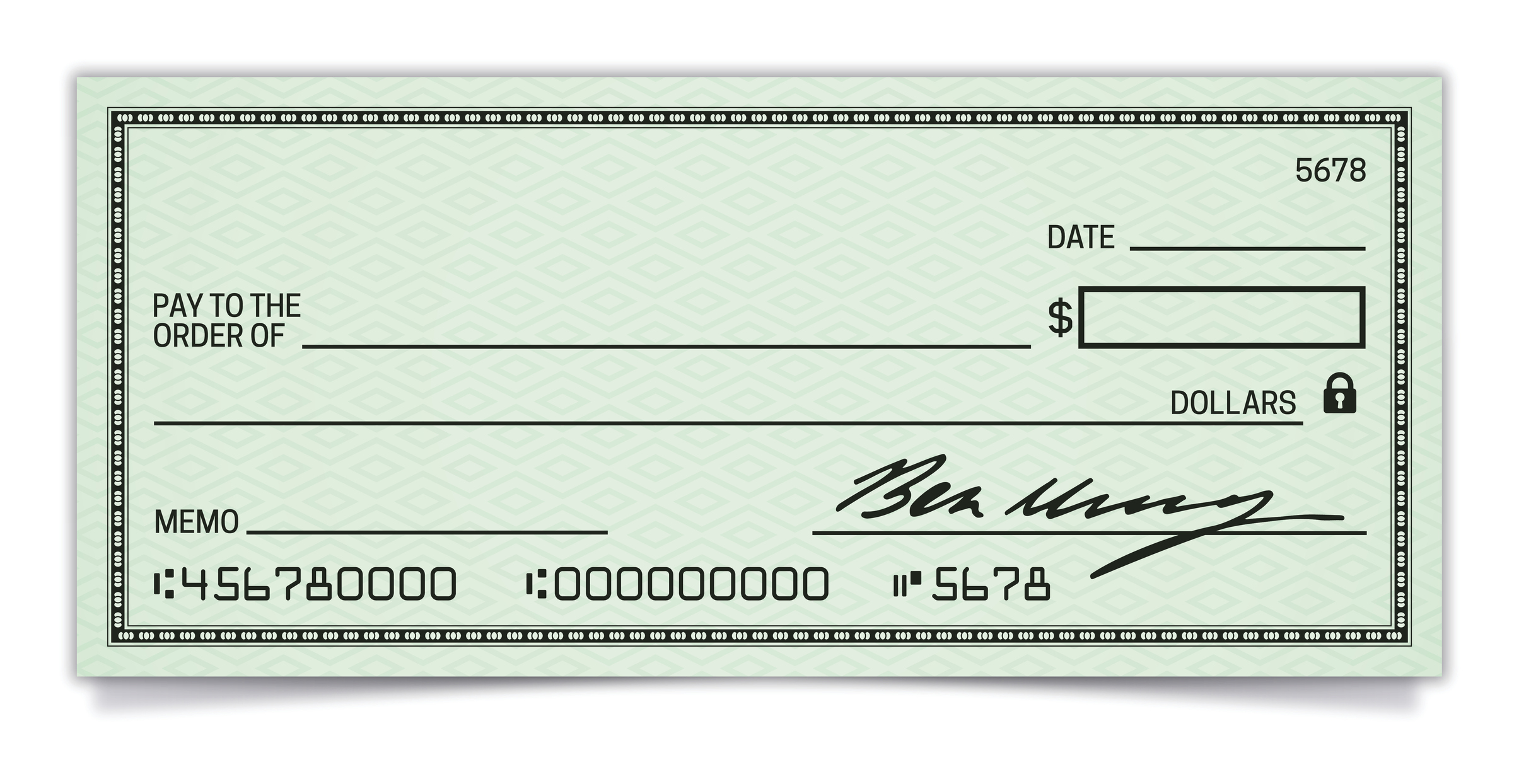To make it clearer, let's use Ethereum (ETH -4.61%) as an example. Ethereum is a blockchain, and this blockchain's native cryptocurrency is called Ether. Since Ether has its own blockchain, it's considered a crypto coin.
One of the things that made Ethereum special is that it was the first programmable blockchain. Because it's programmable, developers can use it to launch their own cryptocurrencies. These cryptocurrencies operate on Ethereum's blockchain instead of their own, which makes them crypto tokens (the official term for tokens built on Ethereum are ERC-20 tokens).
Earlier cryptocurrencies, such as Bitcoin (BTC -3.15%), didn't have this capability. Ethereum did, helping it to become the second-largest cryptocurrency by market cap.
Because it's much easier to create a token than a coin, there are far more scams and lackluster projects launched using tokens. However, that doesn't mean all tokens are bad investments or that all coins are good ones. There are plenty of tokens with interesting use cases. Of course, there are also crypto coins that have no special use cases or competitive advantages.
Why are crypto tokens important?
Tokens allow developers to create a cryptocurrency without needing to build a blockchain for that cryptocurrency. That's a big deal because it makes the process of developing cryptocurrencies much faster, simpler, and less expensive.
For developers who want to make their own crypto coin, blockchain development is a serious technical undertaking. A blockchain needs to be able to process transactions quickly at a low cost, and it needs to be resistant to attacks so that hackers can't steal crypto.
Building the blockchain isn't the end of the process either. A new crypto coin also needs validators to confirm its transactions. Since cryptocurrencies are decentralized, they rely on people choosing to become validators and lending computing power to the blockchain.
For example, Bitcoin relies on Bitcoin mining, but that requires people across the world using mining devices. Developers of a new coin also need to think about how they'll attract enough validators to keep the blockchain secure and avoid fraudulent transactions.
The quicker option is to make a crypto token. Instead of building a blockchain from the ground up, developers can essentially piggyback on an existing blockchain, such as Ethereum. Their crypto token can then run on Ethereum's existing platform, which already has a secure system in place to validate transactions and run smart contracts.
How do crypto tokens work?
As cryptocurrencies, crypto tokens are assets with value. They can typically be transferred, traded, bought, and sold, and they're stored in blockchain wallets. A blockchain wallet is a program or hardware device that's used to store cryptocurrency.
Transactions with a crypto token are processed on the blockchain that it uses. For example, if it's an ERC-20 token built on Ethereum, then the Ethereum blockchain will handle all transactions for that token.
In addition to their role as a currency, crypto tokens can serve many other purposes. Here are a few of the most common uses for crypto tokens:
- Governance tokens: A governance token is a crypto token that gives the holder voting rights in a cryptocurrency project. Token holders are able to make and vote on proposals that help determine the future of that specific cryptocurrency. The more tokens you hold, the more voting power you have.
- Decentralized finance: Decentralized finance (DeFi) refers to alternative financial systems built on blockchain technology. For example, instead of getting a loan from a lender, you could put up crypto tokens as collateral and get one from a DeFi platform. Each DeFi platform has its own token that it uses as its official currency.
- Crypto rewards: The previously mentioned DeFi platforms rely on investors who lend their own cryptocurrency funds. In return, investors receive crypto rewards as an incentive. These rewards are usually paid out as crypto tokens.
- Non-fungible tokens: A non-fungible token (NFT) is a crypto token that denotes ownership of a digital asset. The ownership information is stored in the cryptocurrency token. NFTs can be used to show who owns a unique digital image, a GIF, or a character in an online game.

